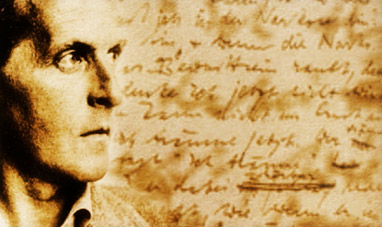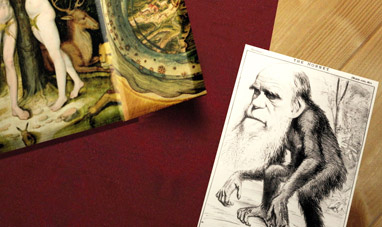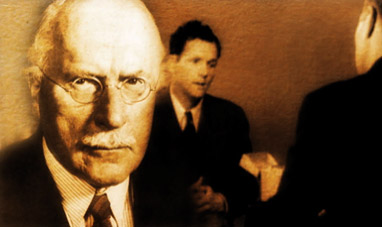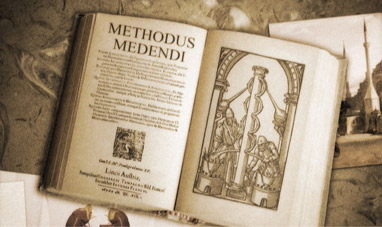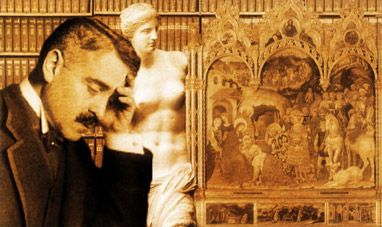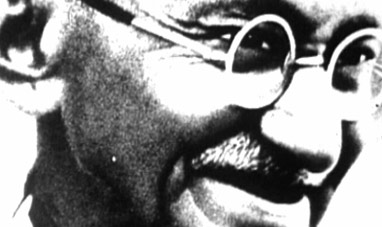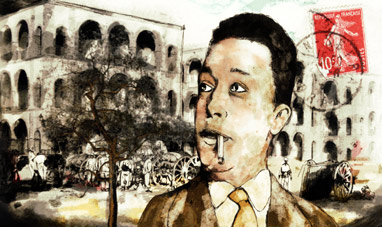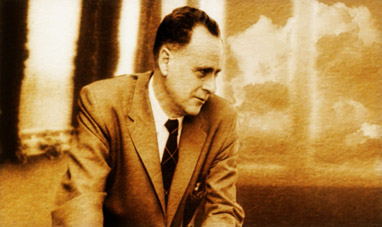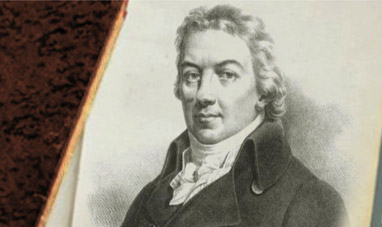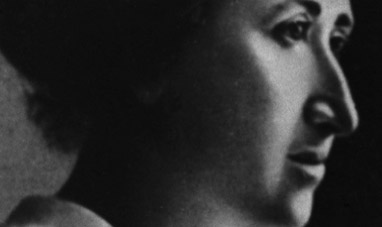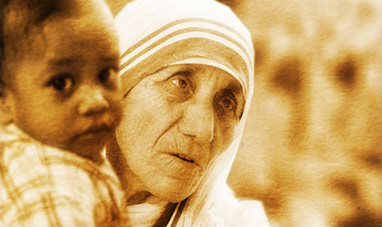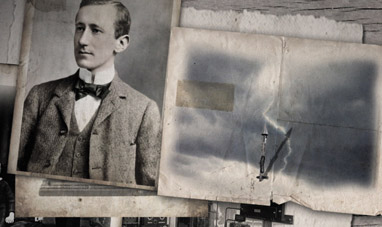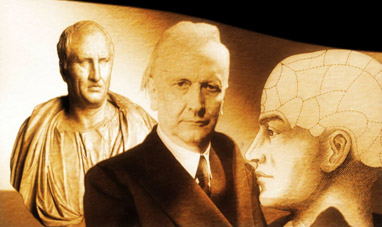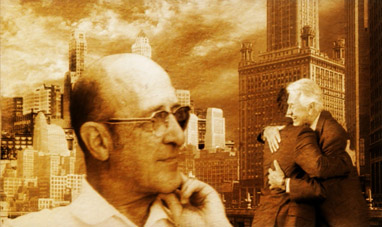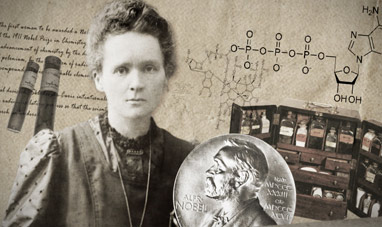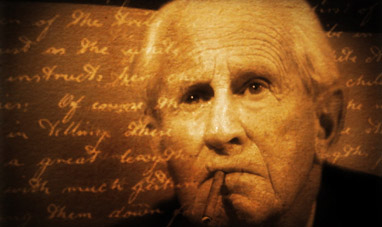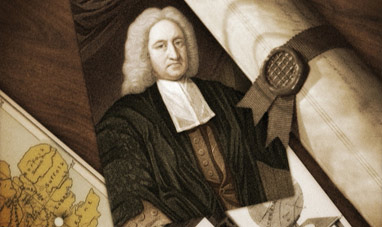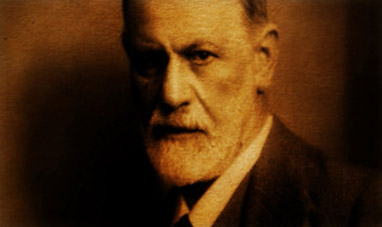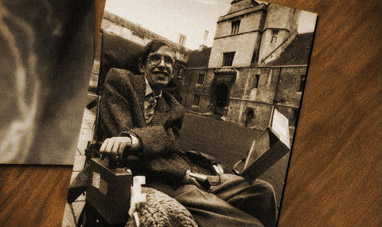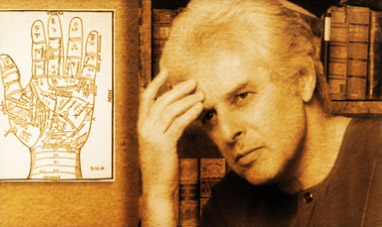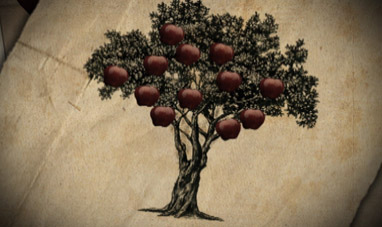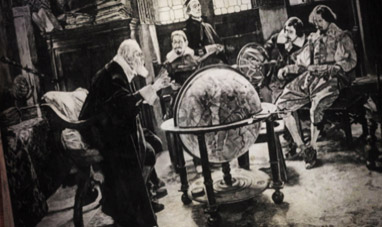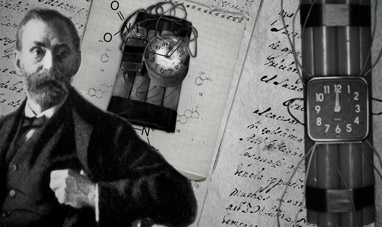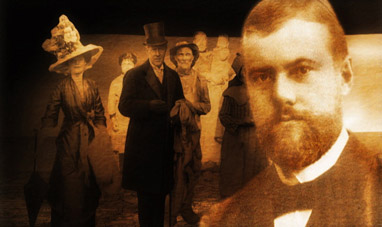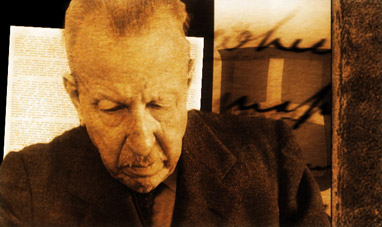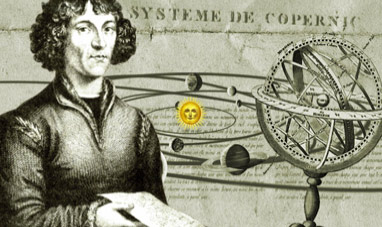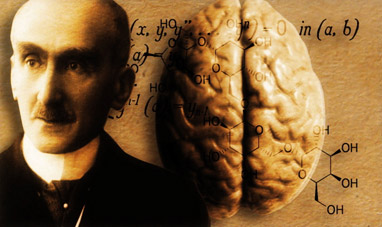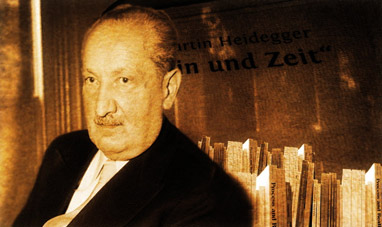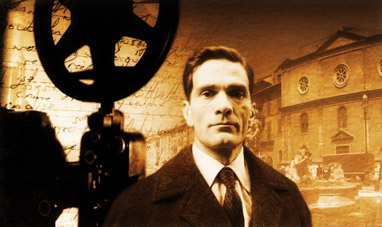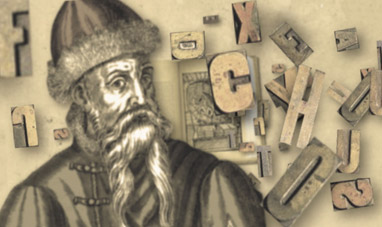Jean-Paul Sartre was a leading 20th-century philosopher, novelist, playwright, and fundamental advocate of French existentialism. He was also a symbol of 1950s Paris, when the city was the epicenter of European intellectual thought. Sartre was born in Paris on June 21, 1905 to middle class parents. He grew up with his young mother and grandparents. He studied philosophy at Paris’ École Normale Supérieure, where he met writer and feminist Simone de Beauvoir, who would become his partner for the rest of his life. In 1933 Sartre moved to Germany to study. The country was experiencing Hitler’s rise to power and the Nazi movement. Sartre watched as the mesmerized German public supported Hitler without fully grasping the ramifications of what was taking place around them. This led to the development of his idea of the committed intellectual, someone who understood society and therefore had a moral duty to guide it.
Sartre’s German experience brought him close to philosophers Edmund Husserl and Martin Heidegger, though the latter rejected Sartre’s interpretation of his thinking. In 1943, Sartre published Being and Nothingness, which probed the contradictions of human existence, laying the groundwork for existentialism. Sartre believed man was condemned to tragedy, and his existence was founded on an illusion of freedom. Man believed himself to be free, deceiving himself into thinking he was as free as God, but at the same time failing to fathom that his entire existence was meaningless. After World War Two, Sartre set philosophy aside and focused on politics. Aligned with Marxist thinking and the Communist Party, he attacked Imperialism, capitalism, and American foreign policy. In 1945, he founded the magazine Les Temps modernes, or “Modern Times,” which became one of the most influential voices of the European Left. Sartre was at the center of most of the period’s intellectual debate. He commented on all major issues. His interests were eclectic, including anthropology, psychoanalysis and sociology. He also promoted the avant-garde, writing successful novels and plays. His anthologized writings from the period total 10 volumes.
The thinker developed semi-legendary status, mesmerizing his mostly young audiences. Sartre generally accepted this iconic status. Surrounded by acolytes, it wasn’t hard to find him seated in a café along the Seine, discussing philosophy and politics. Existentialism fell from its lofty philosophical platform into a fashionable trend and way of life based on books, politics and Bohemian behavior. In 1964, Sartre won the Nobel Prize for Literature but turned it down, saying “A writer must refuse to allow himself to be transformed into an institution.” Sartre died on April 15, 1980. He was 75. Thousands of people attended his funeral.
Sartre’s German experience brought him close to philosophers Edmund Husserl and Martin Heidegger, though the latter rejected Sartre’s interpretation of his thinking. In 1943, Sartre published Being and Nothingness, which probed the contradictions of human existence, laying the groundwork for existentialism. Sartre believed man was condemned to tragedy, and his existence was founded on an illusion of freedom. Man believed himself to be free, deceiving himself into thinking he was as free as God, but at the same time failing to fathom that his entire existence was meaningless. After World War Two, Sartre set philosophy aside and focused on politics. Aligned with Marxist thinking and the Communist Party, he attacked Imperialism, capitalism, and American foreign policy. In 1945, he founded the magazine Les Temps modernes, or “Modern Times,” which became one of the most influential voices of the European Left. Sartre was at the center of most of the period’s intellectual debate. He commented on all major issues. His interests were eclectic, including anthropology, psychoanalysis and sociology. He also promoted the avant-garde, writing successful novels and plays. His anthologized writings from the period total 10 volumes.
The thinker developed semi-legendary status, mesmerizing his mostly young audiences. Sartre generally accepted this iconic status. Surrounded by acolytes, it wasn’t hard to find him seated in a café along the Seine, discussing philosophy and politics. Existentialism fell from its lofty philosophical platform into a fashionable trend and way of life based on books, politics and Bohemian behavior. In 1964, Sartre won the Nobel Prize for Literature but turned it down, saying “A writer must refuse to allow himself to be transformed into an institution.” Sartre died on April 15, 1980. He was 75. Thousands of people attended his funeral.

